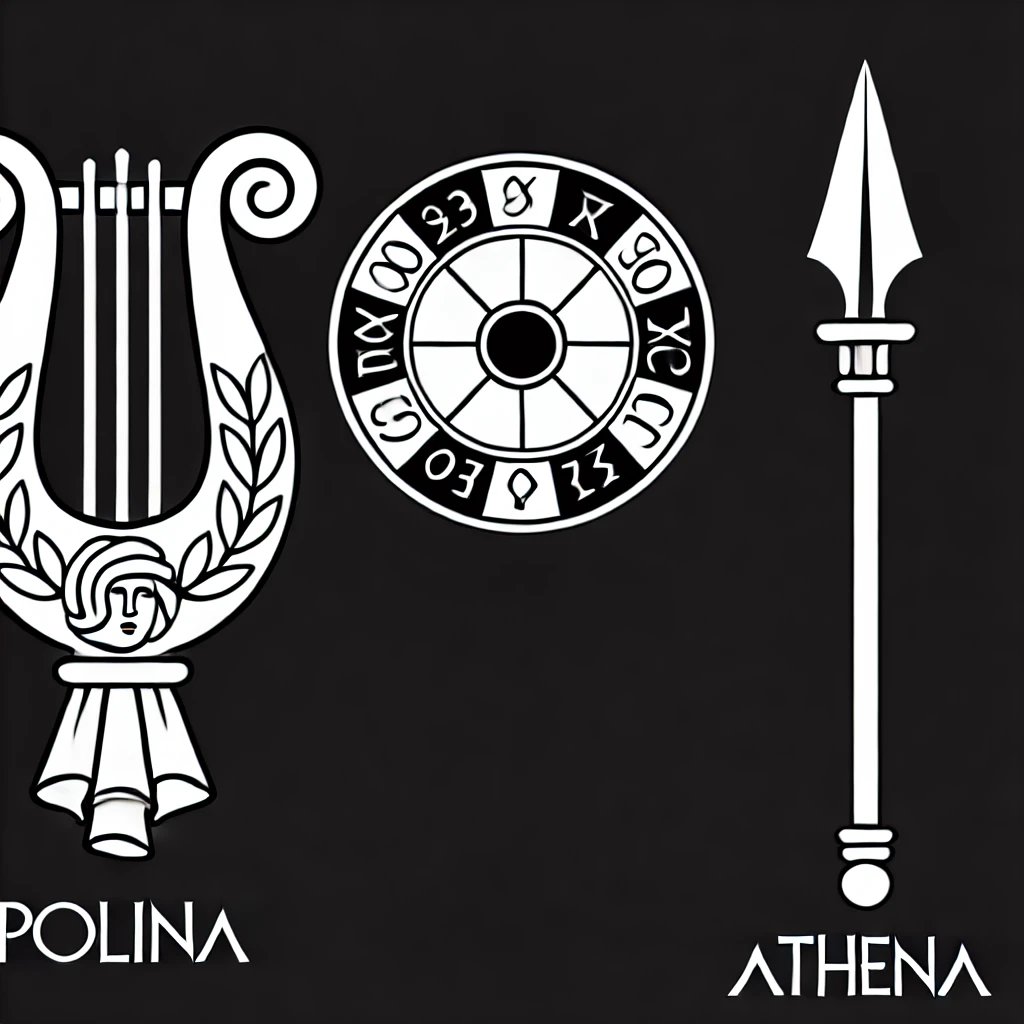Equilibria#

Fig. 52 Ceci n’est pas Idoménée. Just popped up on YouTube after my “Fuggiamo” & brought forth a tempest in mine eye – out of nothing – from Poseidon himself!!!#
What was going on in Mozart’s life when he wrote indomeneo? how old was he? and what do critics think of this work?
Mozart was 24 years old when he composed Idomeneo, which premiered in 1781. At this time, he was transitioning from his life in Salzburg, where he had felt constrained by the demands of his employer, the Archbishop Colloredo. In fact, Idomeneo came at a pivotal moment—Mozart had just moved to Munich for the opera’s production and was seeking greater independence from his strict court obligations. His relationship with his father, Leopold, was also strained, as Leopold wanted him to remain in Salzburg, while Mozart aimed for artistic and personal freedom in Vienna.
Idomeneo is often seen as a mature and ambitious work, blending elements of traditional opera seria with Mozart’s innovative approaches to character development and orchestration. Critics praise its dramatic depth and musical sophistication, particularly how it handles the tension between individual characters and the larger narrative. Some even view it as the first of his operatic masterpieces, showcasing his ability to infuse emotional complexity into a rigid operatic form. However, compared to his later works like The Magic Flute and Don Giovanni, Idomeneo is sometimes considered more reserved and less revolutionary in its innovation. Still, it holds a crucial place in his development as a composer.
Was it usual for composers in his time to be steeped in greek antiquity?
It wasn’t exactly common for composers in Mozart’s time to be steeped in Greek antiquity, but it wasn’t unheard of either. Greek mythology and classical themes were part of the broader cultural fascination with the ancient world, especially during the Enlightenment. However, operas at the time were often set in more contemporary or mythologically flexible narratives, not necessarily drawing deeply from ancient Greek sources.
Mozart’s Idomeneo, which is based on a Greek myth (the story of King Idomeneus of Crete), fits into the opera seria tradition, a genre that frequently used classical subjects—particularly Roman or Greek heroes and gods—to explore moral and political themes. Composers like Gluck, who was a major influence on Mozart, also drew from Greek mythology in works like Orfeo ed Euridice, which had a profound impact on operatic reform in the mid-18th century.
That said, the use of Greek themes was often more of a formal or aesthetic choice rather than an indication that the composer or librettist was particularly “steeped” in Greek antiquity in a scholarly sense. The stories were more adapted than rigorously authentic, reinterpreted to fit the operatic norms and tastes of the time—focused on the drama, emotions, and political undertones rather than strictly adhering to ancient sources.
Why Indomeneo and not Oddyseus?
That’s a great question, and the answer lies partly in the storytelling potential that Idomeneus offers compared to Odysseus, as well as the operatic traditions of the time.
Idomeneus, King of Crete, while less famous than Odysseus, presents a specific dramatic situation that fits well into the opera seria tradition. His story revolves around a dilemma: upon returning from the Trojan War, Idomeneus promises the gods that he will sacrifice the first person he meets if they save him from a storm. Tragedy strikes when that person turns out to be his own son. This story, with its themes of duty, fate, and personal sacrifice, offers rich emotional material, ideal for the grand, often morally complex narratives of opera seria.
Odysseus, on the other hand, is a much more familiar and well-trodden figure in Western literature. His adventures in The Odyssey are episodic and varied, but they lack the kind of focused moral conflict that opera seria typically thrived on. His cunning and resourcefulness might have made for good dramatic moments, but his story of long wanderings and clever escapes doesn’t lend itself as easily to the intense, emotional climaxes that are central to the operatic form of the 18th century. Additionally, The Odyssey is full of different episodes (the Cyclops, Circe, the Sirens, etc.), which would have been challenging to condense into a cohesive opera narrative.
In contrast, Idomeneus’s tale is more contained, with clear conflicts and tragic consequences, ideal for the psychological and moral exploration that Mozart—and other composers of opera seria—sought to explore. The less well-known nature of Idomeneus may have also provided more creative freedom for adaptation, as the myth had fewer fixed expectations compared to the legendary Odysseus.

